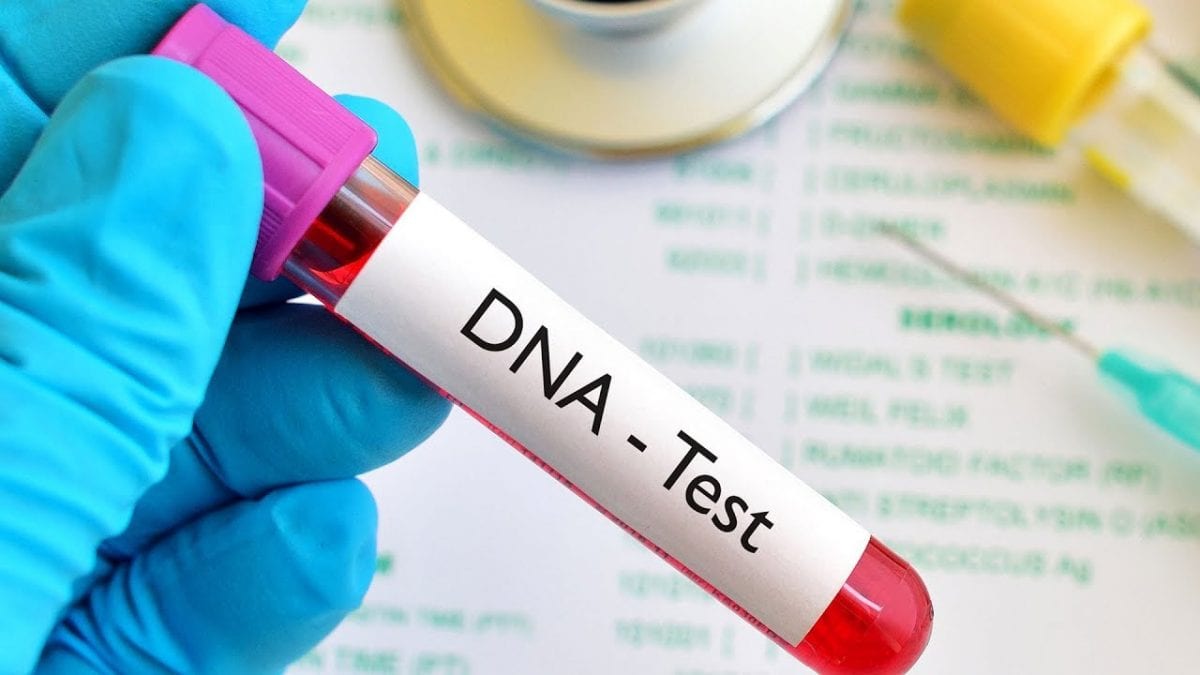Advances in science have seen the rise of home-based DNA test kits that are now affordable and available on most online platforms. Besides gaining popularity across the mainstream, anecdotal accounts of successful tests indicate how amazed users get after realizing that they can unveil so much information form a simple saliva sample. The DNA material in the saliva can reveal your ancestry, inherited medical conditions, inherited traits like eye color, and any other relevant gene information.
However, it is important to note that a functional home dna test kit can only be purchased from a reliable and reputable manufacturer. Many brands have recently joined the market, but you can rely on direct references and online reviews to find out more about a particular brand. Positive online reviews are like personal recommendations and will point you in the right kit.
So, what are some of the things that you should consider before buying a home DNA test kit? Well, they include but aren’t limited to the following:
- Accuracy
It is important to note that not all test kits can guarantee 100% accuracy because of probability. Other than quality and brand, some genetic factors might also come into play to increase the probability of inaccuracy. For instance, scientific evidence confirms that it might be difficult to retrace the roots and origins of minority ethnic groups, especially in Europe. The DNA results might turn out vague and make it difficult to draw any conclusions. Therefore, if you aren’t contented with the results, we recommend that you do a proper laboratory follow-up test to rule out your suspicion. We also recommend that crucial DNA tests such as results for court use should be done from the lab to increase accuracy probability.
- Family secrets
Research shows that about 37% of families in the US have secrets that a few individuals prefer to keep from the rest of the members to “protect” them and foster trust and unity. If you come from such a family, it is important to note that a home DNT test might expose some of these secrets, including things that you can regret ever knowing. If there is no other compelling reason for taking a home DNA test, you shouldn’t proceed if you suspect it might reveal secrets that have always been kept away from you. For instance, you might discover that your brother/sister or any close family relative don’t share blood with you as you initially thought.
- False-negative
While most people are concerned with a false positive, getting a false negative is also possible, which means no clean bill of health. For instance, a false negative may assure you that you don’t face any potential risk of developing certain genetic disorders while you are already developing some since you don’t take precautions.
- Estimated results
It is important to note that all the information contained in the booklets and pie charts of DNA kits to demonstrate lineage are mostly educational guesses and shouldn’t be treated as definite reality. The aspect of probability still applies to this one. In fact, it is correct to say that the results “suggest” that you are from a particular lineage instead of “confirm”.
- Insurance
Lastly, it will interest you to know that results can affect and change the terms of some types of insurance coverage. For instance, the amount of premiums that you pay for life-time assurance, disability insurance, and long-term care insurance might change if the DNA test results suggest that you have a great propensity for diseases and disorders. If the test isn’t that compelling, you shouldn’t risk running such profile scrutiny.
No matter the outcome of your test, it is important to note that DNA information doesn’t necessarily define your heritage and virtues in life. Nevertheless, it would be best if you appreciated that it can help you get answers that you’ve always been seeking in life.








